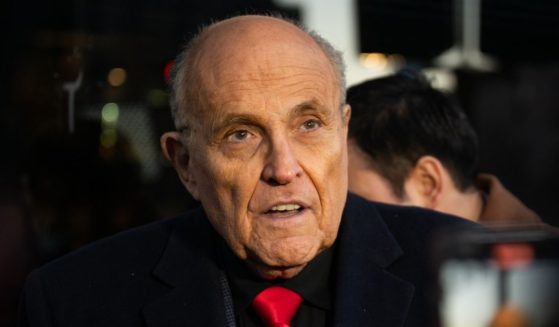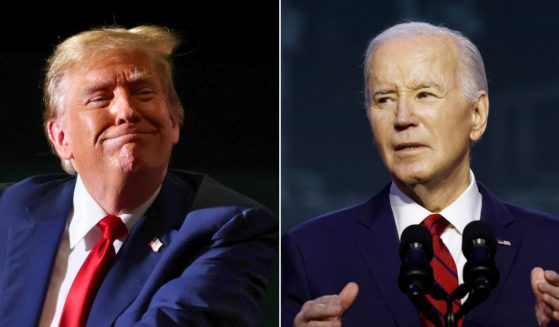US bill calls for DOJ review of Indian Country probes
ALBUQUERQUE, N.M. (AP) — In a story May 14 about legislation in Congress known as Savanna’s Act, The Associated Press reported erroneously that the Urban Indian Health Institute, which is the research division of the Seattle Indian Health Board, had endorsed the bill. It was the Seattle Indian Health Board that endorsed the bill.
A corrected version of the story is below:
US bill calls for DOJ review of Indian Country probes
Federal lawmakers are re-introducing legislation that calls for the Justice Department to review how law enforcement agencies respond to cases of missing and slain Native Americans, and to continue to improve tribes’ access to missing persons databases
By MARY HUDETZ
Associated Press
ALBUQUERQUE, N.M. (AP) — U.S. House members re-introduced legislation Tuesday that calls for the Justice Department to review how law enforcement agencies respond to cases of missing and slain Native Americans as the nationwide push to bring more attention to the issue gains momentum.
The legislation is named for 22-year-old Savanna LaFontaine-Greywind, who went missing while pregnant in 2017 before her body was found in a North Dakota river. Her baby, who Fargo police said had been cut from LaFontaine-Greywind’s womb by a neighbor, survived.
Savanna’s Act is among numerous measures that have been introduced at the state and federal level this year to try to address violence against Native American women, who have been victimized at staggering rates for decades.
More than half have encountered sexual and domestic violence at some point during their lives, according to the most recently available federal figures. And there has been growing concern within tribal communities that women have gone missing at a higher rate than federal databases indicate because tribal officers lack the resources and training to document and respond to the cases on reservations or because of a mistrust of law enforcement.
“It’s almost like people don’t know how to deal with this issue,” said Rep. Deb Haaland, who is a Democrat from New Mexico and an enrolled tribal member of the Pueblo of Laguna. “This is why we’re pressing to know everything.”
Savanna’s Act aims to address the gaps in data by proposing to expand tribes’ access to some federal crime databases, establish protocols for handling cases of missing and slain Native Americans, and require annual reports on missing and murdered Native Americans that will give lawmakers a better handle on the potential scope of the problem.
Haaland along with Reps. Norma Torres, a California Democrat, and Dan Newhouse, a Washington Republican, are the bill’s lead sponsors in the House while U.S. Sen. Lisa Murkowski, an Alaska Republican, re-introduced the legislation in the Senate earlier this year.
The bill was unanimously approved in the U.S. Senate last year but died in the House.
Navajo Nation President Jonathan Nez swiftly endorsed the measure after it was re-introduced Tuesday afternoon, saying he hoped leaders could stem the deaths and disappearances of tribal members.
The Seattle Indian Health Board also endorsed the measure despite concerns that it did not go far enough in also addressing urban cases.
The Seattle nonprofit’s research arm, the Urban Indian Health Institute, released an in-depth report last year that identified some 500 Native American women in 71 U.S. cities who had vanished or been homicide victims. The report’s authors, however, expected their figures represented an undercount, in part, because Native American victims may have been identified as belonging to another race.
The report also noted that LaFontaine-Greywind herself had been living in the city of Fargo when she was killed, underscoring the need for lawmakers to include urban Native Americans in their policymaking.
“We have to be more inclusive of urban Indian people,” said Abigail Echo-Hawk, the Urban Indian Health Institute’s director. “This epidemic did not stop at the borders of the reservations.”
A provision introduced by Haaland in the Violence Against Women Act proposes support for victim advocate services for urban Native Americans whose cases are handled in state, versus federal or tribal, courts.
The Western Journal has not reviewed this Associated Press story prior to publication. Therefore, it may contain editorial bias or may in some other way not meet our normal editorial standards. It is provided to our readers as a service from The Western Journal.
Truth and Accuracy
We are committed to truth and accuracy in all of our journalism. Read our editorial standards.












